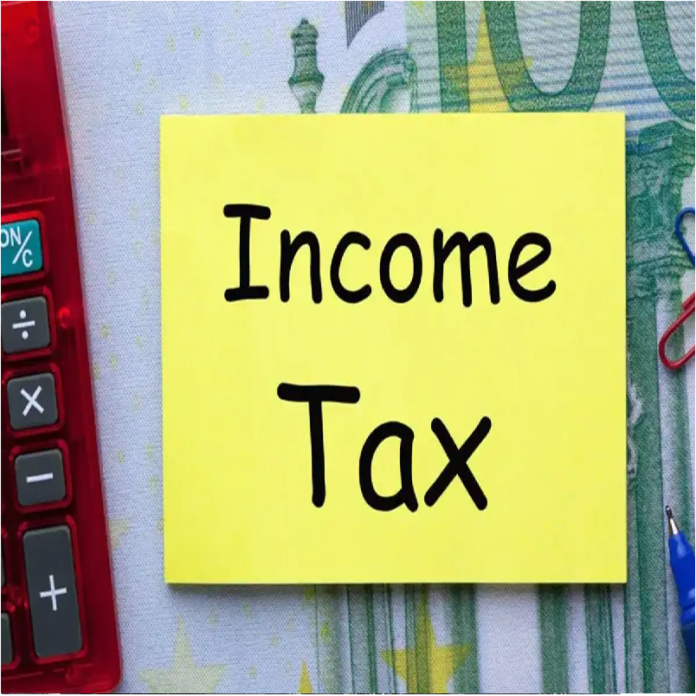The Internal Revenue Service (IRS) allows taxpayers to claim the additional tax they’ve paid. Here is a list of the five income tax rules you need to know about ITR refunds.
- The ITR refund is the tax paid by taxpayers that were not included on their tax return.
- Section 234D of the Internal Revenue Code sets the interest rate for ITR refunds.
- Taxes are not due on the amount of the ITR refund.
The task of completing an income tax return is one that many in the city of New Delhi dread. Prior to the July 31 deadline, those who had already filed their ITRs should be verifying them, while those who haven’t done so and haven’t paid a late fee can do so until December 31, 2022.
People who filed it after July 31 but before the deadline are entitled to a refund of any overpayments of tax. The ITR refund is a type of additional tax paid by taxpayers to the government. The Internal Revenue Service (IRS) allows taxpayers to claim the additional tax they’ve paid.
For ITR refunds, here is a list of five income tax rules
Eligibility: Individuals who pay taxes and file their ITR within or after the due date may be eligible for an ITR refund.
Interest: You will receive interest from April 1, 2022, if you file your ITR by July 31, 2022, the due date for the current financial year (FY 2022-23).
Interest Rate: The ITR refund will accrue interest at a rate of 0.50 percent per month for the taxpayer.
Taxation Rules: The amount of an ITR refund is not subject to federal income tax. Interest paid by the government on a refund amount is taxed.
Interest Calculation: Section 234D of the Internal Revenue Code is used to calculate the interest rate on an ITR refund. Calculating interest on Rs 1005 over 2 months and 17 days, for example. According to section 234D, interest will be calculated at Rs 1000 for three months.







